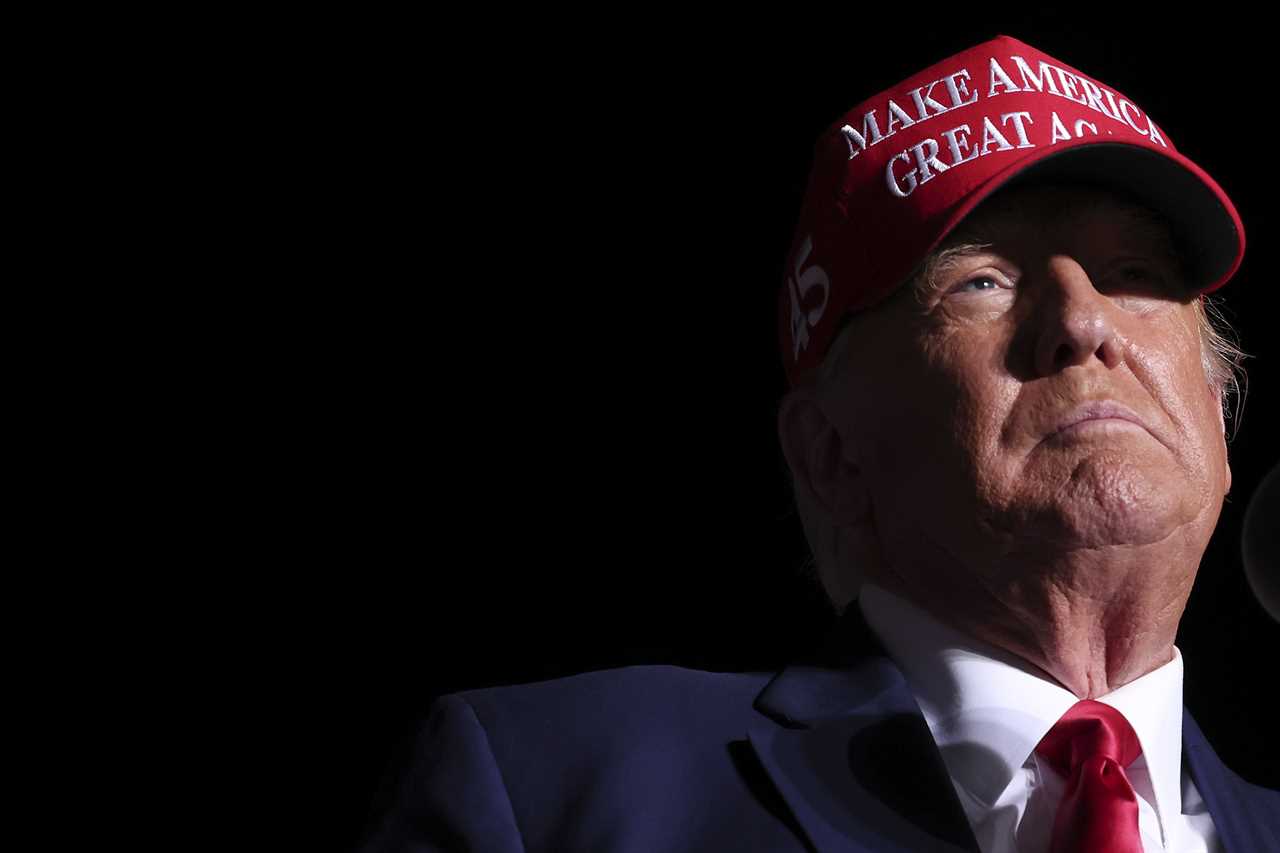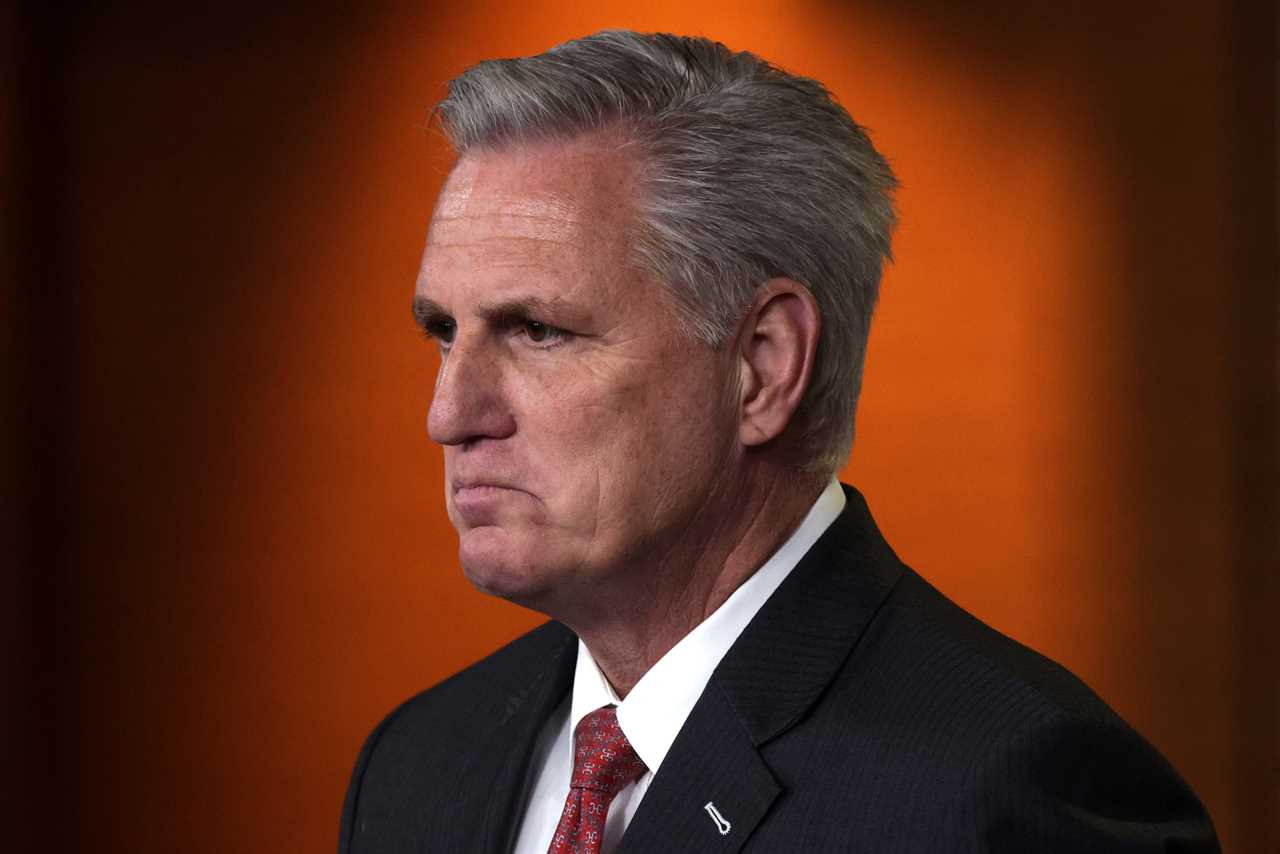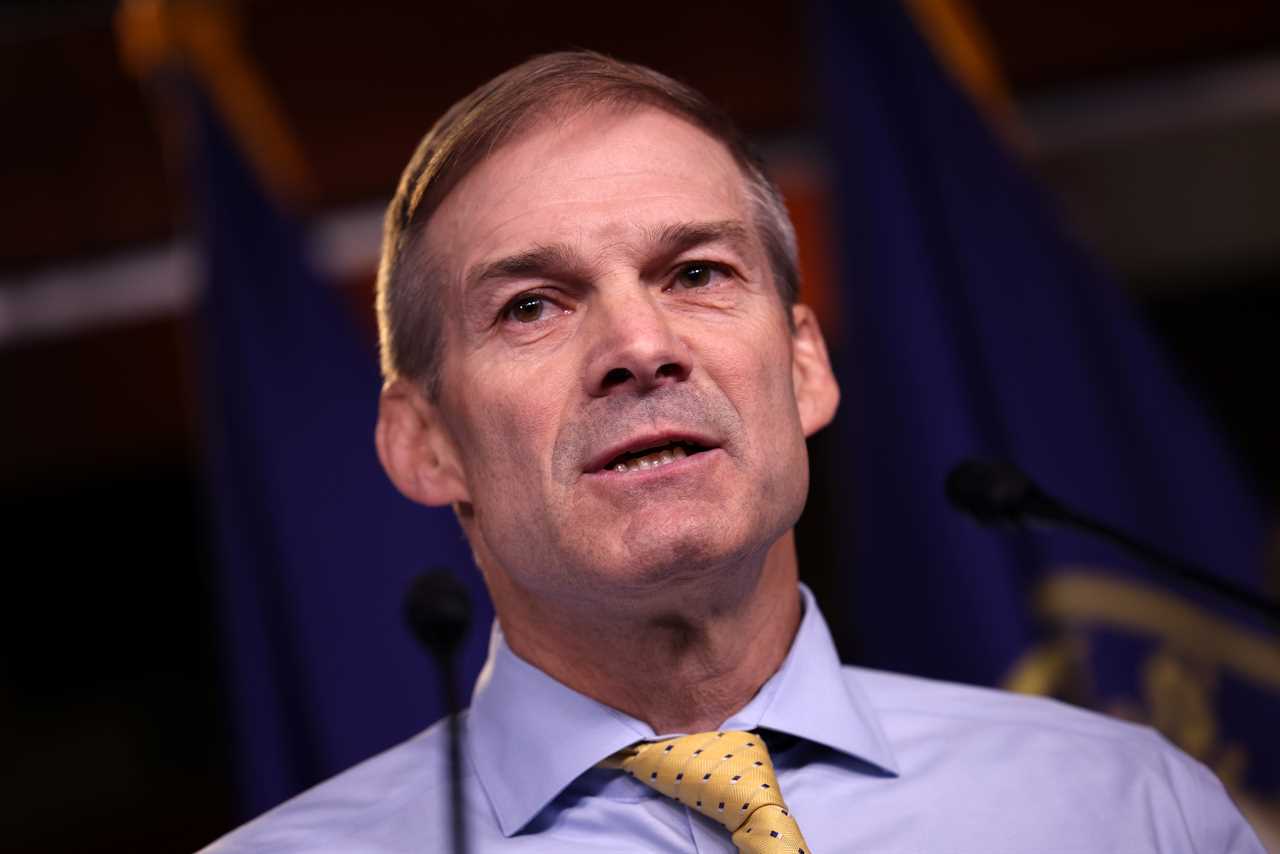
The historic criminal referral the House Jan. 6 committee issued urging the Justice Department to pursue charges against President Donald Trump is unlikely to sway many minds among prosecutors already pursuing multiple investigations, former DOJ officials said.
Prosecutors are more interested in the thousands of pages of witness statements and other records gathered by the House panel over the past 15 months, current and former officials said.
“I’m sure the Attorney General will welcome any new evidence the committee sends over, but the authority to indict rests with the executive branch, not Congress,” said University of Baltimore Law School Dean Ronald Weich, a former DOJ liaison to Congress. “The decision of whether to bring criminal charges is solely within the purview of the Justice Department. I expect DOJ to respond courteously to the committee, but the referral will not change the outcome.”
Some ex-prosecutors were even more dismissive of the Congressional referral.
“I think a referral will have zero practical effect on what DOJ does,” said Randall Eliason, a former federal public corruption prosecutor in Washington. “They are already investigating, and they're not going to decide whether or not to charge based on whether they got a referral from Congress.”
Just last month, Attorney General Merrick Garland emphasized prosecutors wanted to see the House’s evidence, but he notably omitted any desire to see what conclusions lawmakers reached about what that evidence proved.
“We would like to have all the transcripts and all of the other evidence collected … by the committee, so that we can use it in the ordinary course of our investigations,” Garland told reporters gathered in his conference room at DOJ headquarters.
In some ways, the House’s new criminal referral could have less impact than others Congress has sent to the Justice Department in the past. That’s because while some referrals spur DOJ into action, prosecutors already have investigations open into the main areas where the Jan. 6 committee sees potential crimes: Trump’s alleged incitement of the attack on the Capitol and his prolonged effort to undermine the 2020 presidential election results.
Indeed, the committee’s referral itself acknowledges that prosecutors generally have an easier time assembling evidence than a Congressional panel.
“The Committee recognizes that the Department of Justice and other prosecutorial authorities may be in a position to utilize investigative tools, including search warrants and grand juries, superior to the means the Committee has for obtaining relevant information and testimony,” the Jan. 6 committee’s report says.
“We trust the Department of Justice will be able to form a much more complete picture through its own investigation,” Rep. Jamie Raskin (D-Md.) said during Monday’s committee meeting.
Garland stresses quick action in Trump probes
Last month, shortly after the midterm Congressional elections, Garland determined that those investigations should be put under the supervision of a special counsel who operates outside most of the Justice Department’s normal oversight channels. Garland picked a former head of Justice’s Public Integrity Section, Jack Smith, to take on that role.
Both men emphasized that they intended to move the Jan. 6 and election-related investigations forward as quickly as possible, along with another probe Smith was tapped to supervise: the inquiry into the presence at Trump’s Mar-a-Lago estate in Florida of thousands of pages of White House documents.
“The pace of the investigations will not pause or flag under my watch,” Smith said. “I will exercise independent judgment and will move the investigations forward expeditiously and thoroughly to whatever outcome the facts and the law dictate.”

Indeed, the various investigations seem to be fairly advanced, with a series of top advisers to Trump called before grand juries meeting in Washington in recent weeks.
A spokesperson for Smith declined to comment on the House panel’s action Monday.
One aspect of the committee’s referral that could lead to fresh action by prosecutors is the panel’s claim that some witnesses may have testified falsely and that Trump or others may have obstructed the Congressional probe.
“The Committee has substantial concerns regarding potential efforts to obstruct its investigation, including by certain counsel (some paid by groups connected to the former President) who may have advised clients to provide false or misleading testimony to the Committee,” the report says. “We urge the Department of Justice to examine the facts to discern whether prosecution is warranted.”

Eliason has opposed the broader criminal referral on the ground that it would “add fuel” to claims that Justice’s probe is a political undertaking. However, he said evidence of obstruction of the House probe is a sensible thing to send to DOJ since prosecutors need the details of such statements or entreaties in order to figure out whether to pursue charges over those episodes.
“Referring crimes that took place during the committee's investigation itself are in a different category,” said. “Referring those makes sense because DOJ might not otherwise be aware.”
However, the committee’s report indicates that much or all of the evidence of obstruction was already turned over to federal prosecutors as well as a local prosecutor investigating Trump’s alleged interference with the vote count in Georgia, Fulton County District Attorney Fani Willis. The panel also aired claims of witness tampering during a June hearing and said details were shared at that time with DOJ.
The House panel also deliberately left some stones unturned, choosing not to seek grants of immunity to overcome the claims of more than 30 witnesses who invoked the Fifth Amendment to avoid testifying. Past efforts by Congress to force such testimony during probes like one into the Iran-Contra affair greatly complicated prosecutors’ efforts to pursue criminal charges.
Tensions between DOJ and Jan. 6 panel
Despite the show the House panel made Monday of cooperation with the Justice Department, there have been tensions between the Hill and DOJ. Prosecutors have been asking for nearly eight months for access to the panel’s work, with lawmakers essentially stonewalling the DOJ request.
Prosecutors and the House panel were in informal talks for the past year or so, punctuated by more formal requests beginning in April of this year.
Tensions in that process boiled over in June, when top prosecutors publicly accused the committee of undermining current and future prosecutions by denying access to records showing what witnesses had told the panel.
“The Select Committee’s failure to grant the Department access to these transcripts complicates the Department’s ability to investigate and prosecute those who engaged in criminal conduct in relation to the January 6 attack on the Capitol,” Criminal Division chief Kenneth Polite Jr., National Security Division head Matthew Olsen, and U.S. attorney for D.C. Matthew Graves wrote in a joint letter.
The lack of access to the House’s witness interviews complicated preparations for several trials of alleged participants in the Jan. 6 attack on the Capitol. Prosecutors also agreed to delay the trial for several members of the right-wing Proud Boys group charged in that melee. However, judges eventually tired of waiting for the House evidence and moved forward with the trials.
Jury selection in the delayed Proud Boys’ trial began Monday, without any of the House records in hand. The judge handling the case rejected a last-minute bid by defense attorneys to delay the trial based on publicity stemming from the House panel’s meeting and report, the Associated Press reported.
Still, complications await prosecutors in both big and small cases as a result of the new criminal referrals and other issues stemming from the House probe. Defense attorneys may resume their requests for delays to digest evidence newly disclosed by the congressional panel. And some could argue that any future prosecution of Trump or others is the result of undue pressure from Congress, although derailing charges on those grounds will be an uphill battle.
The Justice Department has taken a discerning approach to earlier referrals from the Jan. 6 panel. Although the committee asked prosecutors to bring contempt charges against four individuals for failing to testify to the panel — Trump White House Chief of Staff Mark Meadows, Deputy Chief of Staff Dan Scavino, longtime Trump political strategist Steve Bannon and Trump trade adviser Peter Navarro — the Justice Department only charged Bannon and Navarro with contempt. A jury found Bannon guilty in July and he was sentenced to four months in prison, but is free pending appeal. Navarro is set to go to trial next month.
----------------------------------------
By: Josh Gerstein
Title: DOJ cares about the evidence, not the criminal referrals
Sourced From: www.politico.com/news/2022/12/19/justice-department-evidence-criminal-referrals-trump-00074613
Published Date: Mon, 19 Dec 2022 17:47:39 EST






